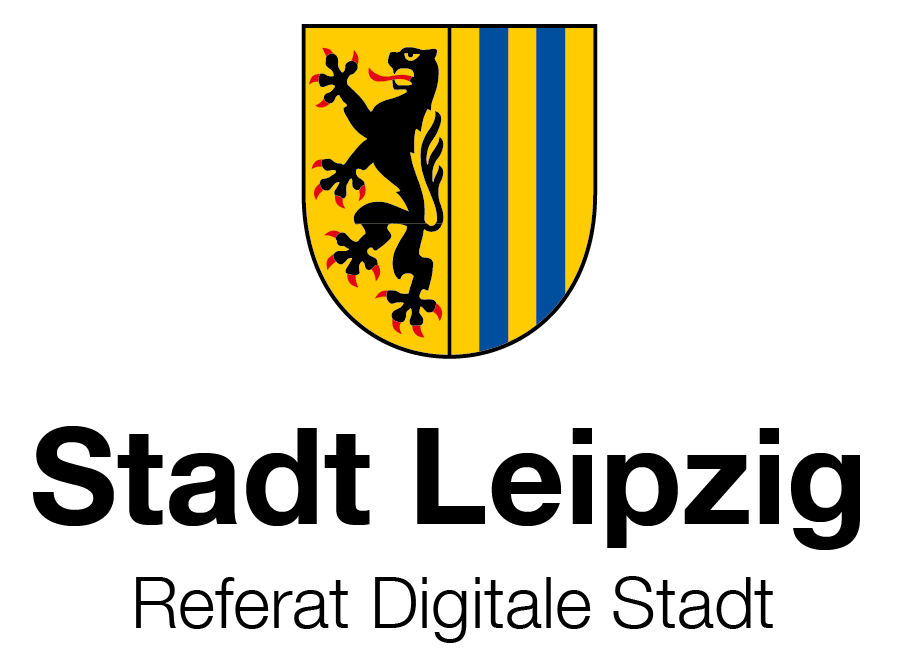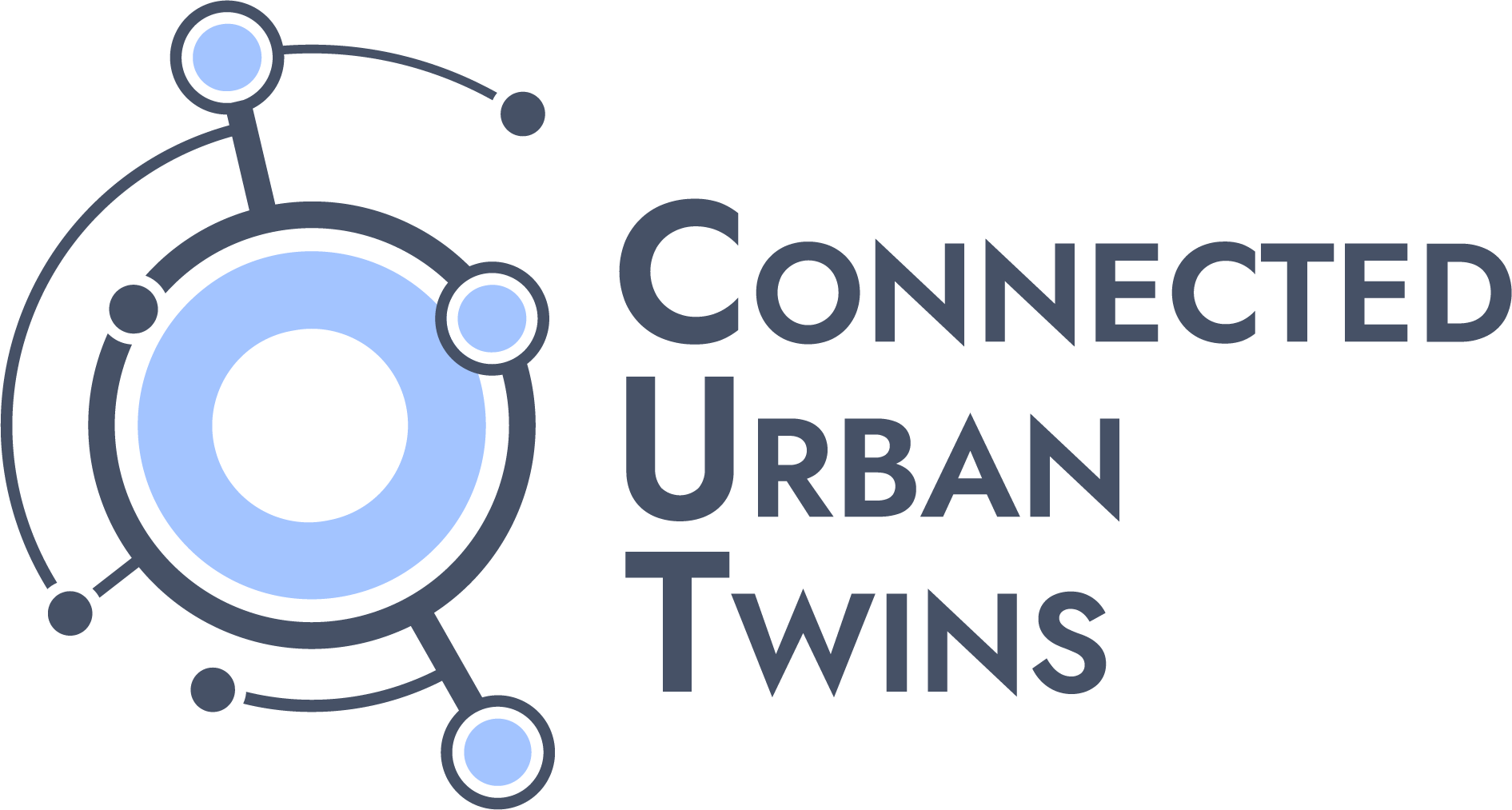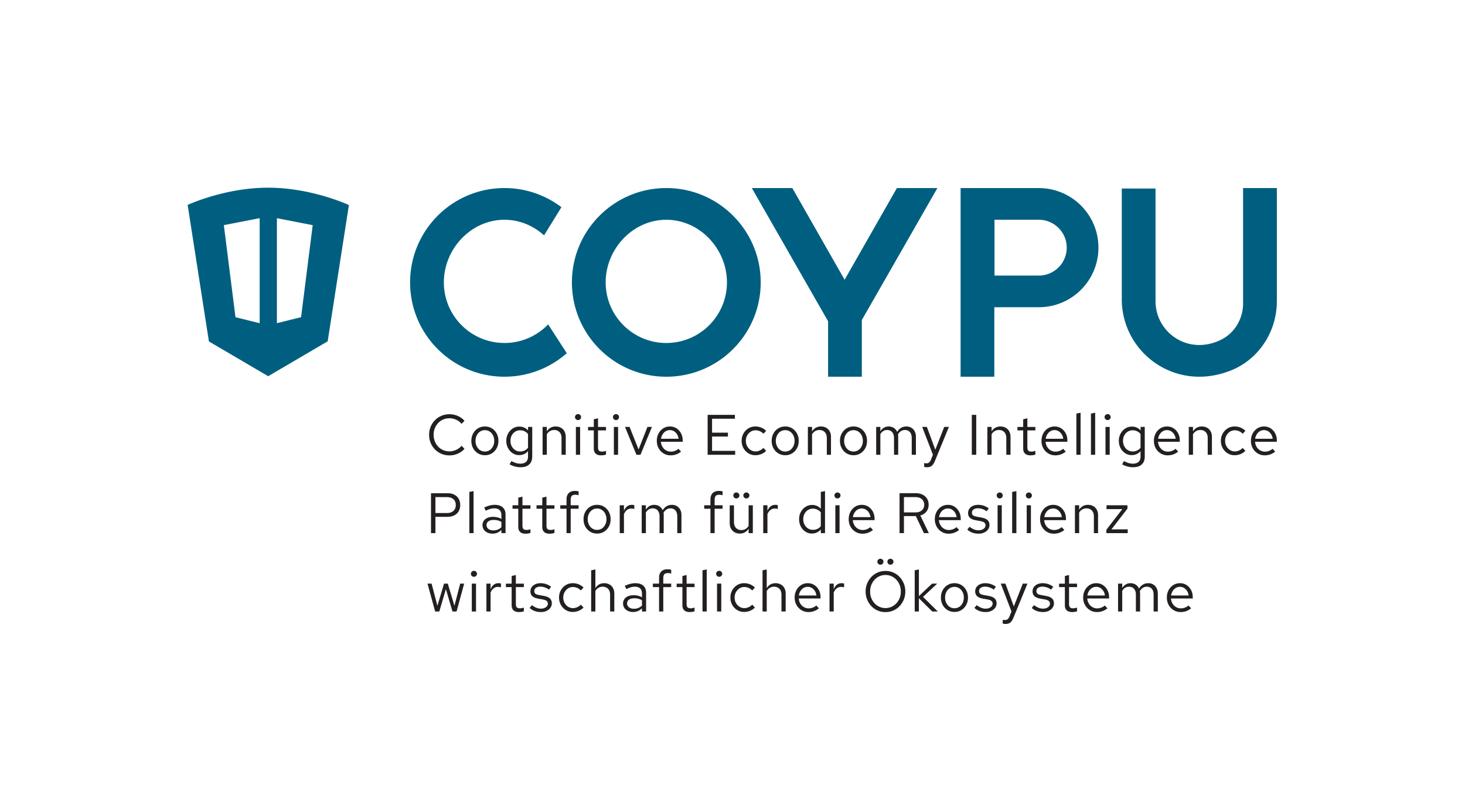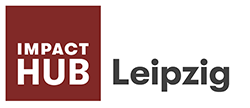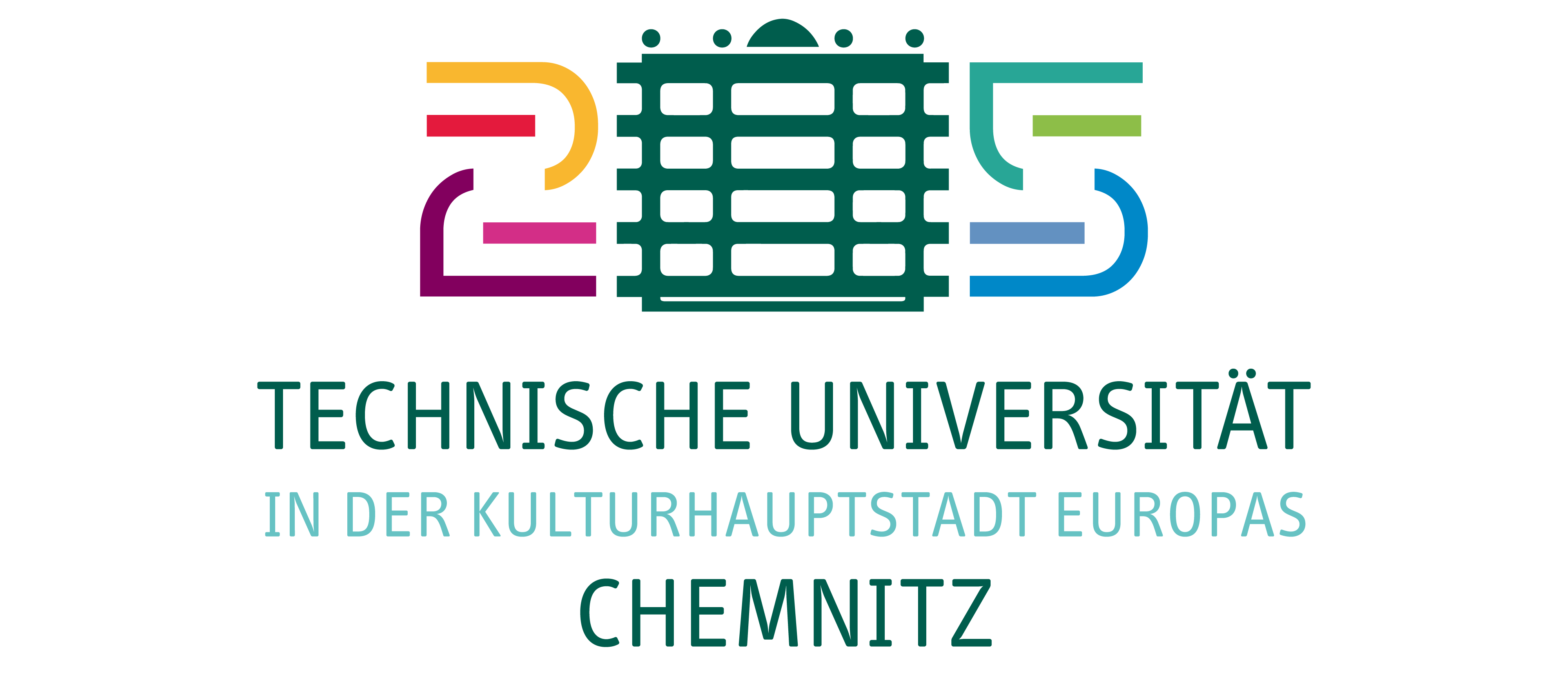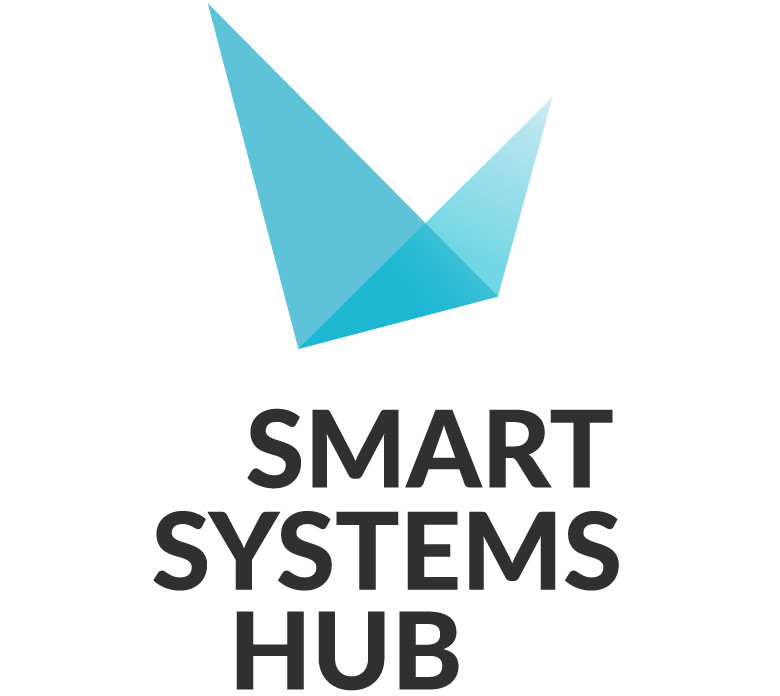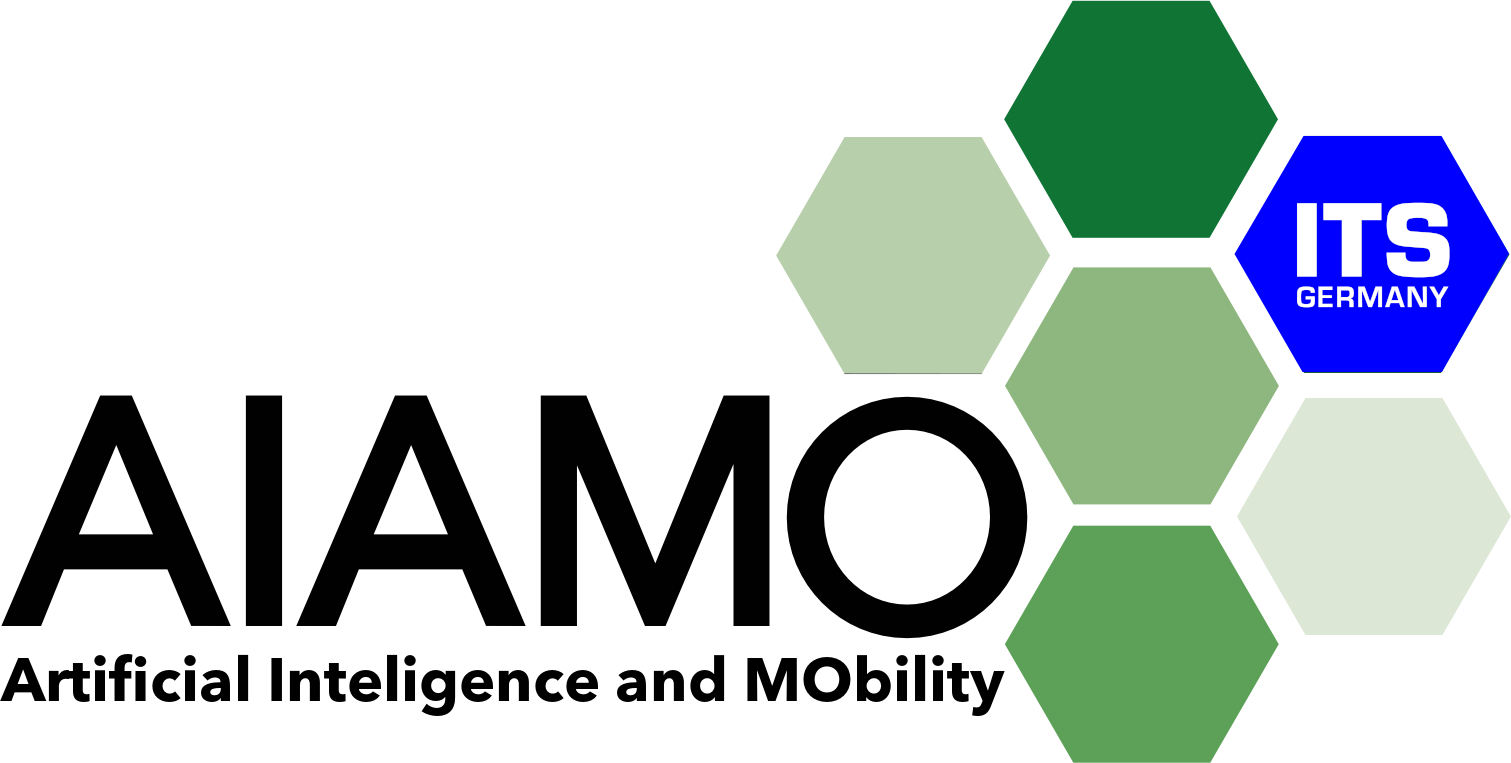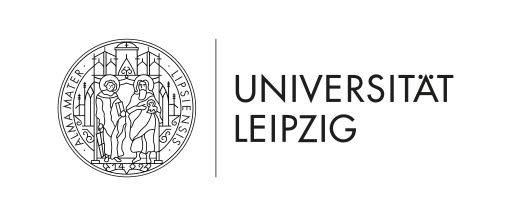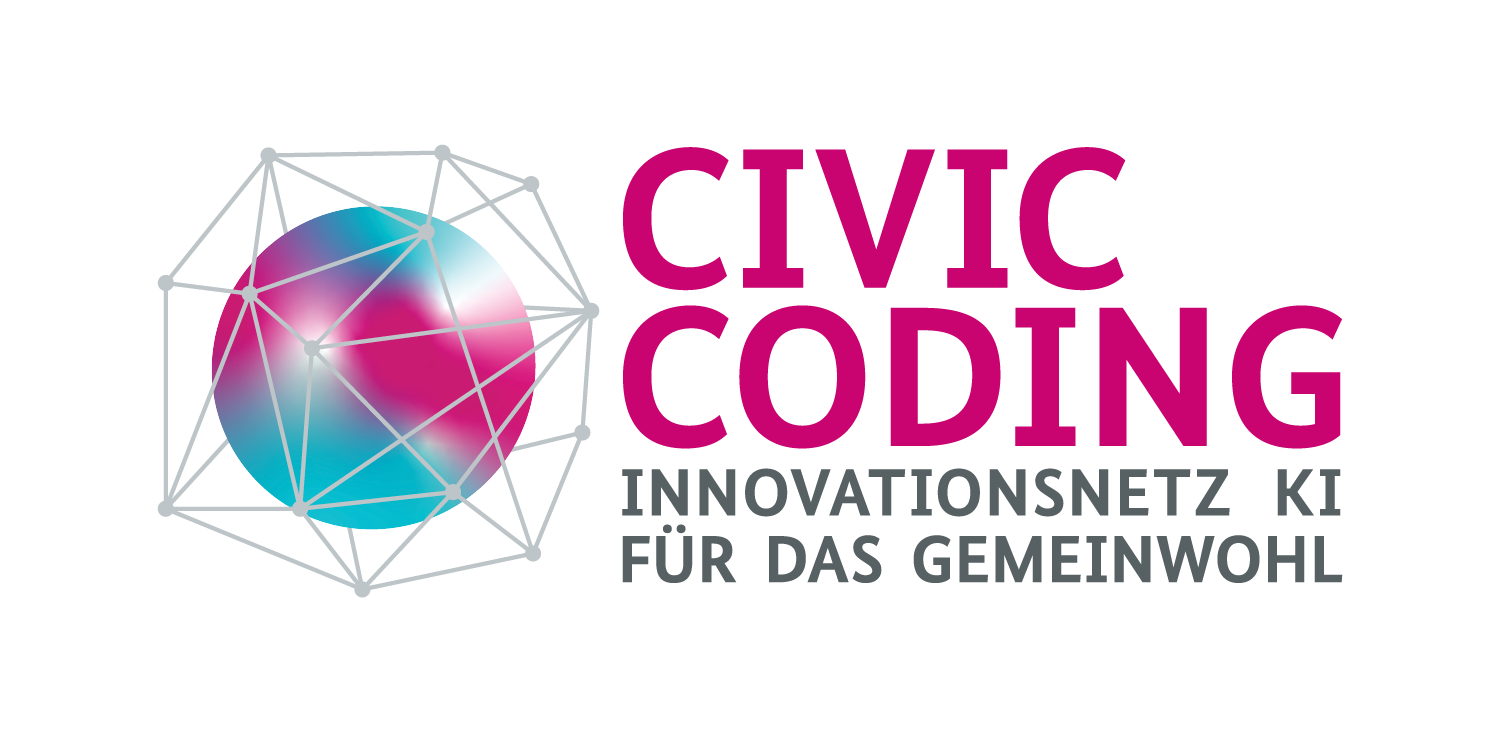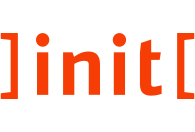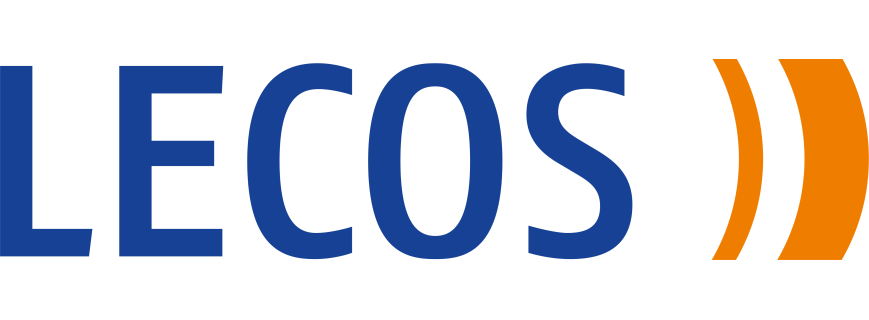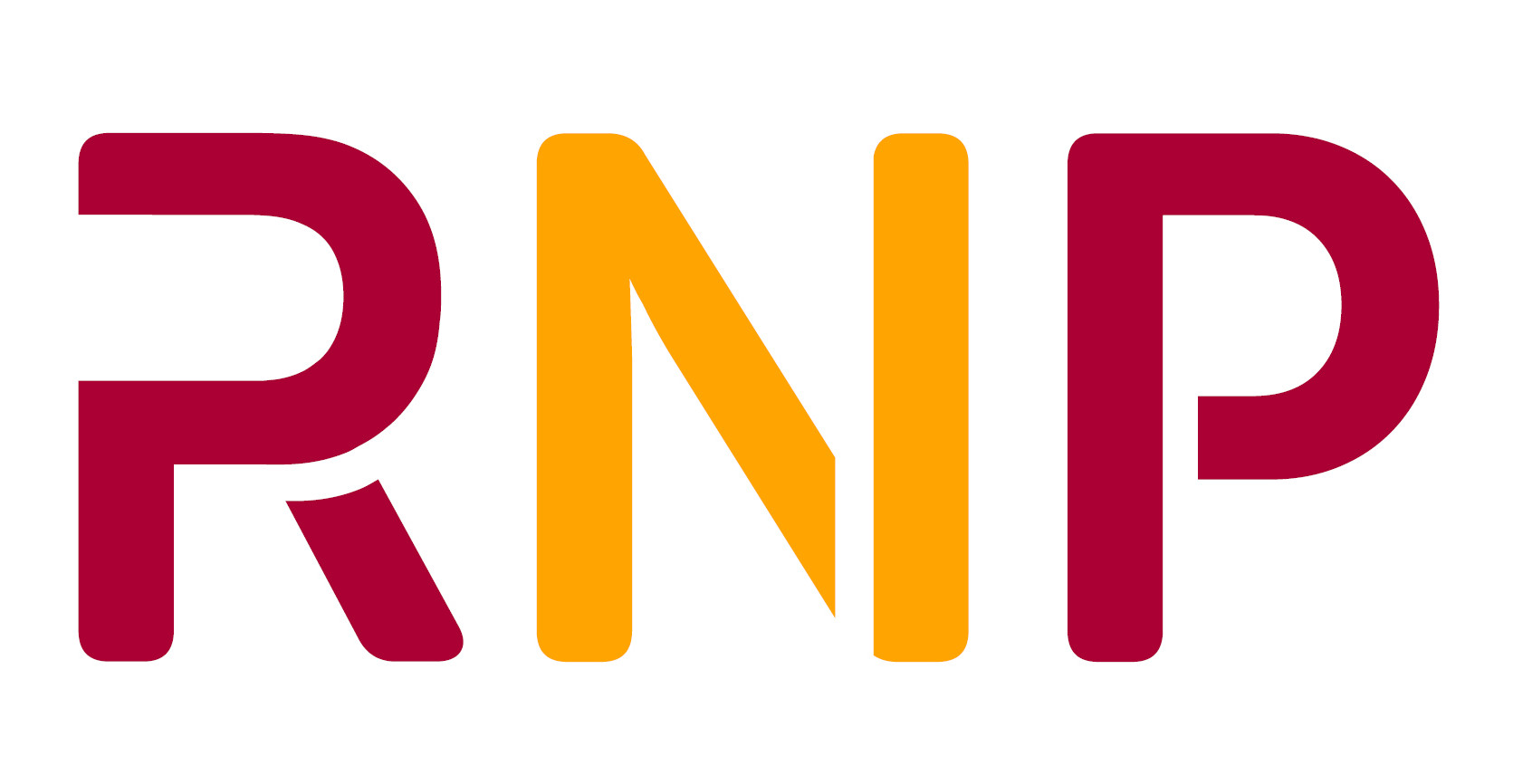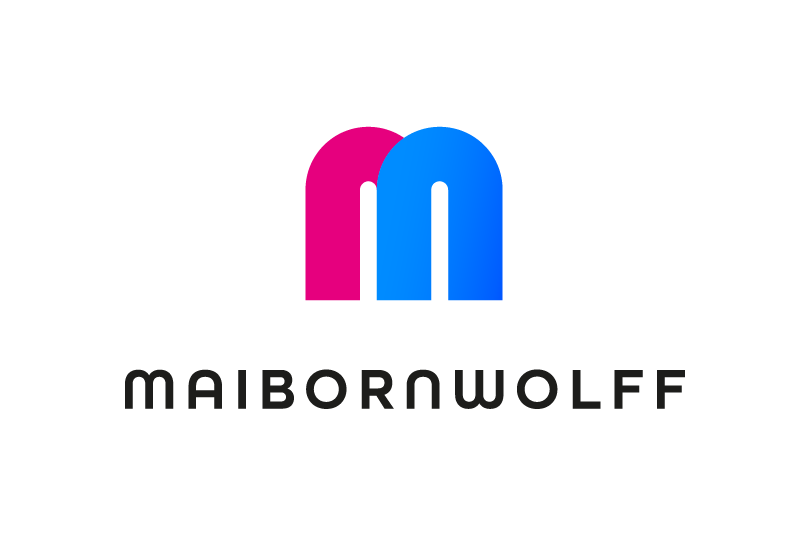The Program
08:30
Admission
- | Wandelhalle |
09:00
Welcome
- | Sitzungssaal | English
Dr. Sebastian Tramp
(eccenca GmbH)
We are excited to extend a warm welcome to all participants and share an overview of the day’s sessions with you.
09:10
Keynote
- | Sitzungssaal | English
Using Knowledge Graphs to Document Cloud Native Products 

Martin Blumbach Ericsson
Vita
Martin Blumbach is the lead architect for automating technical documentation of cloud native software products at Ericsson. He is working with the tool and abstract knowledge representation aspects of the content delivery pipeline. Martin has a long history as system architect of large scale Ericsson products and has over time developed an interest in their information architecture. He enjoys understanding technical concepts and making tacit knowledge explicit.
Cloud-native software products consist of individually lifecycled, frequently released, and flexibly assembled components known as “microservices”.
The Keynote presentation will be an exploration of how technical documentation for such products can be automated. The challenge for automation is that content must be lifecycled per microservice, but presented from the perspective of the product user, who “sees” features and use cases instead of microservices. This keynote will be delivered in collaboration with Marcel Fröhlich, Director of Services at eccenca GmbH, bringing together expert insights and strategic perspectives for an engaging and impactful presentation.
10:00
Keynote 
- | Sitzungssaal | English
Leveraging Knowledge Graphs and GenAI to Transform Enterprise Data into Actionable Insights 
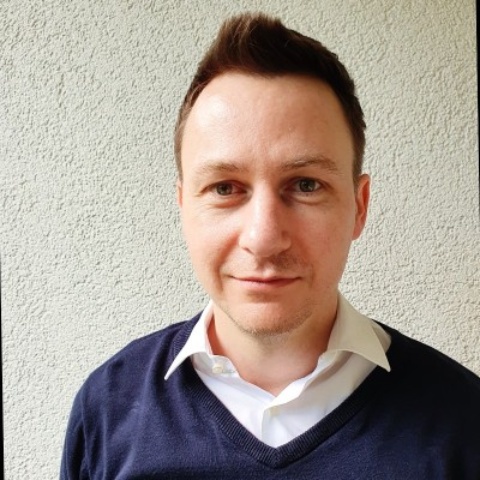
Dr. Andreas Pawlik Carl ZEISS AG
Vita
Dr. Andreas Pawlik is the lead of the Semantic Services team at ZEISS, where he develops innovative solutions in knowledge management, digital twins, and generative AI, utilizing knowledge graphs. Prior to joining ZEISS in 2021, he led a consulting team focused on big data, natural language processing and deep learning solutions and products across various industries and the public sector. He has a background as astrophysicist, where he developed supercomputer simulations and used them to investigate galaxy formation in the early universe.
In this talk, we explore the challenges of enabling self-serve analytics for decentralized data within the enterprise. Process experts need to identify their required data from various sources, requiring searchability adjustments tailored to user knowledge. We present a solution based on agentic systems built on knowledge graph and data catalog to simplify complex data searches and empower users with actionable insights. This keynote will be delivered in partnership with Kai Kümmel, Lead Data Product Portfolio Manager at Carl Zeiss SMT GmbH, blending deep expertise with visionary insights to provide an engaging and thought-provoking experience.
10:30
Coffee break
- | Wandelhalle |
Posters and Stands
11:00
Session I Knowledge Graphs and Large Language Models
- | Sitzungssaal | English
Chair:
Kirill Bulert
(Institute for Applied Informatics)
In this session, we’ll explore Semantic Technologies as part of the broader landscape of Artificial Intelligence, diving into fascinating topics like ChatGPT and other exciting advancements. The presentations will be held in English.
-
Gollam Rabby
(Technische Informationsbibliothek (TIB)): Neuro-Symbolic AI for Scholarly Research: Enhancing Discovery, Reasoning, and Assistance with LLMs and Knowledge Graphs
-
Alexander Bigerl
(Tentris): Scale up your RDF game — Efficient SPARQL querying with Tentris
-
Dr. Edgard Marx
(eccenca GmbH): Leveraging Agentic Data Flows with Large Language Models
-
Johannes Frey
(Institute for Applied Informatics) and
Lars-Peter Meyer
(Institute for Applied Informatics): Current results on LLMs Knowledge Graph Capabilities
12:00
Session II Future Knowledge Experts (Students) 
- | Sitzungssaal | English
Prof. Dr. Michael Martin
(University of Technology Chemnitz)
In this session, professors from Hochschule Merseburg, Technische Hochschule Brandenburg, HTWK Leipzig, and Leuphana Universität Lüneburg will introduce their institutions and highlight the innovative work done by their students. Throughout the day, LSWT participants can explore the student poster exhibition and vote for their favorite project. The winning poster will receive the Semantic Web Poster Award, generously sponsored by eccenca. The presentations will be held in English.
12:30
Lunch break
- | Wandelhalle |
Posters and Stands
13:30
Session III Knowledge Graph Use Cases in Industry and Administration
- | Sitzungssaal | English
Chair:
Dr.-Ing. Nour Ramzy
(eccenca GmbH)
In this session, we’ll explore real-world applications and use cases using Knowledge Graphs as our foundation. The presentations will be held in English.
-
Márcia R. Ferreira
(Graphwise): Graph-driven RAG: When the Whole Is Greater Than the Chunks of Its Parts
-
Daniel Brenn
(]init[ AG for digital communication) and
Dr. Katharina Heider
(]init[ AG for digital communication): RegCheck
-
Marco Schlichting
(ETAS): Enhancing Verification and Traceability in Automotive Software Development through Data Linking
-
Dr.-Ing. Sebastian Hellmann
(Institute for Applied Informatics): Live Fusion and Seamless Integration: Unlocking the Best-of Wikipedia, Wikidata, and Beyond with DBpedia Enterprise
-
Dr. Toni Tontchev
(Connected Urban Twins): GEO Base Twin of Leipzig. Taxonomy, Semantic and Graph Applications
15:00
Coffee break
- | Wandelhalle |
Posters and Stands
15:30
Session IV Ontology Engineering and Semantic Technologies
- | Sitzungssaal | English
Chair:
Magnus Knuth
(eccenca GmbH)
This session will dive into the exciting world of building, modeling, and visualizing Knowledge Graphs. The presentations will be held in English.
-
M.Sc. Anna-Lena Peh
(Institutsteil Angewandte Systemtechnik (AST) des Fraunhofer IOSB): Achieving Interoperability in Energy Data Ecosystems: A Semantic Approach to Integration and Standardization
-
Dr.-Ing. Miriam Eisenbart
(fem Research Institute): Project KupferDigital2 - enhancing efficiency and sustainability of the copper life cycle with semantic technology
-
Dr. André Valdestilhas
(User-Centric Data Science (UCDS) - Vrije Universiteit Amsterdam): Knowledge Graphs and FAIR principles applied to Social Sciences and Humanities on SSHOC-NL project
-
Dr. Daniel Mietchen: Knowledge graphs in the context of the National Research Data Initiative (NFDI)
-
Claus Stadler
(Institute for Applied Informatics): GraphQL Views over SPARQL





